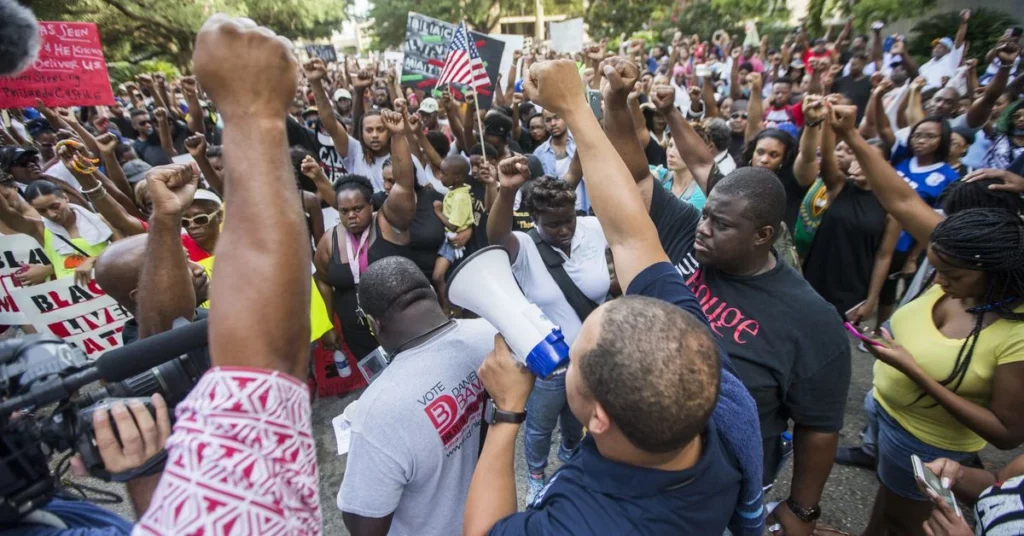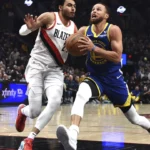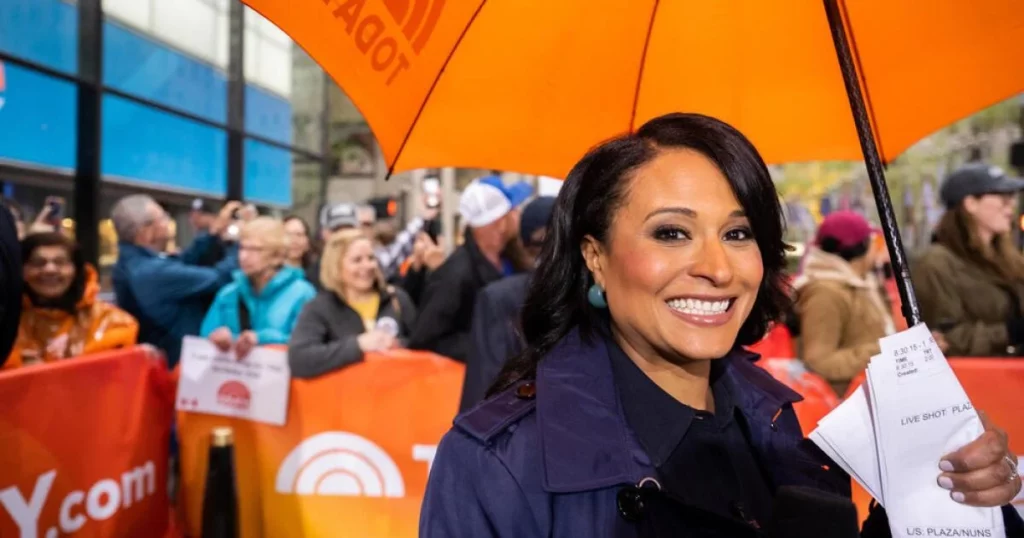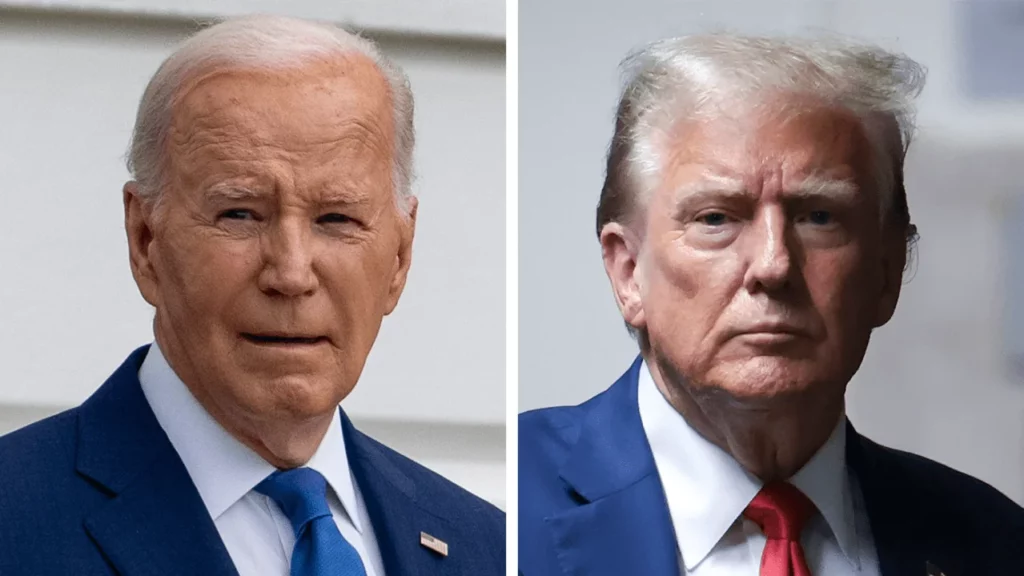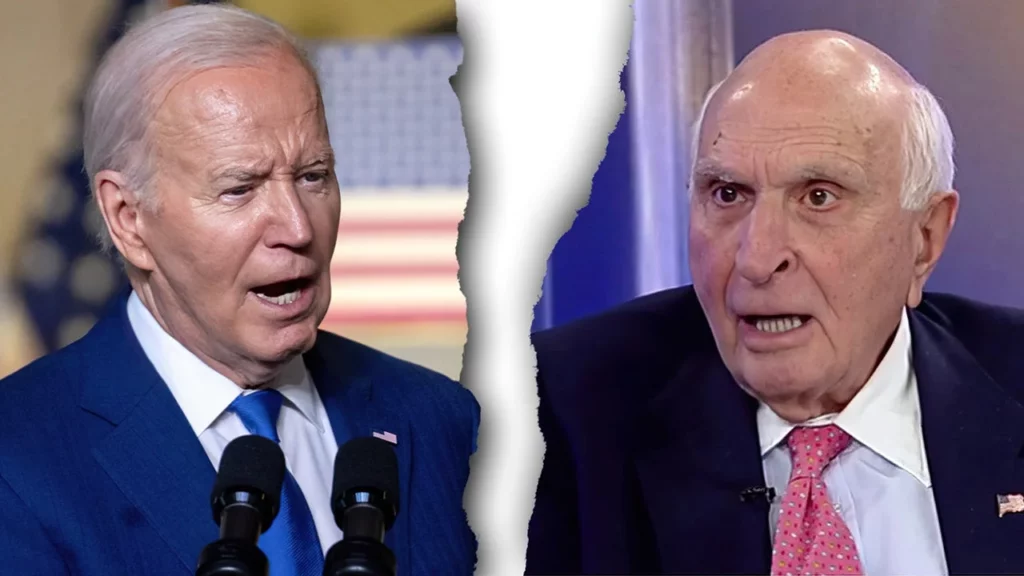Supreme Court Ruling Reshapes Protest Rights and Black Political Influence
The refusal of the U.S. Supreme Court to intervene in Mckesson v. Doe has profound implications for mass protests and Black political power, particularly in Louisiana, Mississippi, and Texas. This decision upholds a lower court’s ruling that could potentially hold protest organizers financially liable for actions they did not directly commit, effectively dampening the constitutional right to mass protest in these states.
Impact on Black Lives Matter and Racial Justice Movements
DeRay Mckesson, a prominent Black Lives Matter activist, faces serious consequences from this ruling after being sued by a police officer injured during a 2016 protest in Baton Rouge. The court’s decision not to hear his appeal leaves in place a dangerous precedent that could discourage the organization of mass protests, a critical tool for advocating racial justice and systemic change. This scenario raises concerns about the suppression of Black voices and the stifling of democratic engagement in regions with significant histories of racial discrimination.
Broader Political Ramifications
Furthermore, the decision ties into larger patterns of efforts to diminish Black political strength, particularly in the Deep South. This is evident in various legislative actions across Mississippi, where laws and legal decisions have systematically undermined Black voting rights and political representation. The discussion around this Supreme Court decision intersects with ongoing debates about felony disenfranchisement and racial disparities in voting rights, echoing the historical challenges faced by Black Americans in securing and exercising their democratic rights.
The implications of this Supreme Court decision extend beyond the immediate legal battles. They touch on the heart of America’s ongoing struggle with racial justice, democratic participation, and the right to protest. As activists and legal experts ponder the next steps, the landscape of American civil rights activism and Black political power remains uncertain, with potential for significant shifts depending on future legal and political developments.
